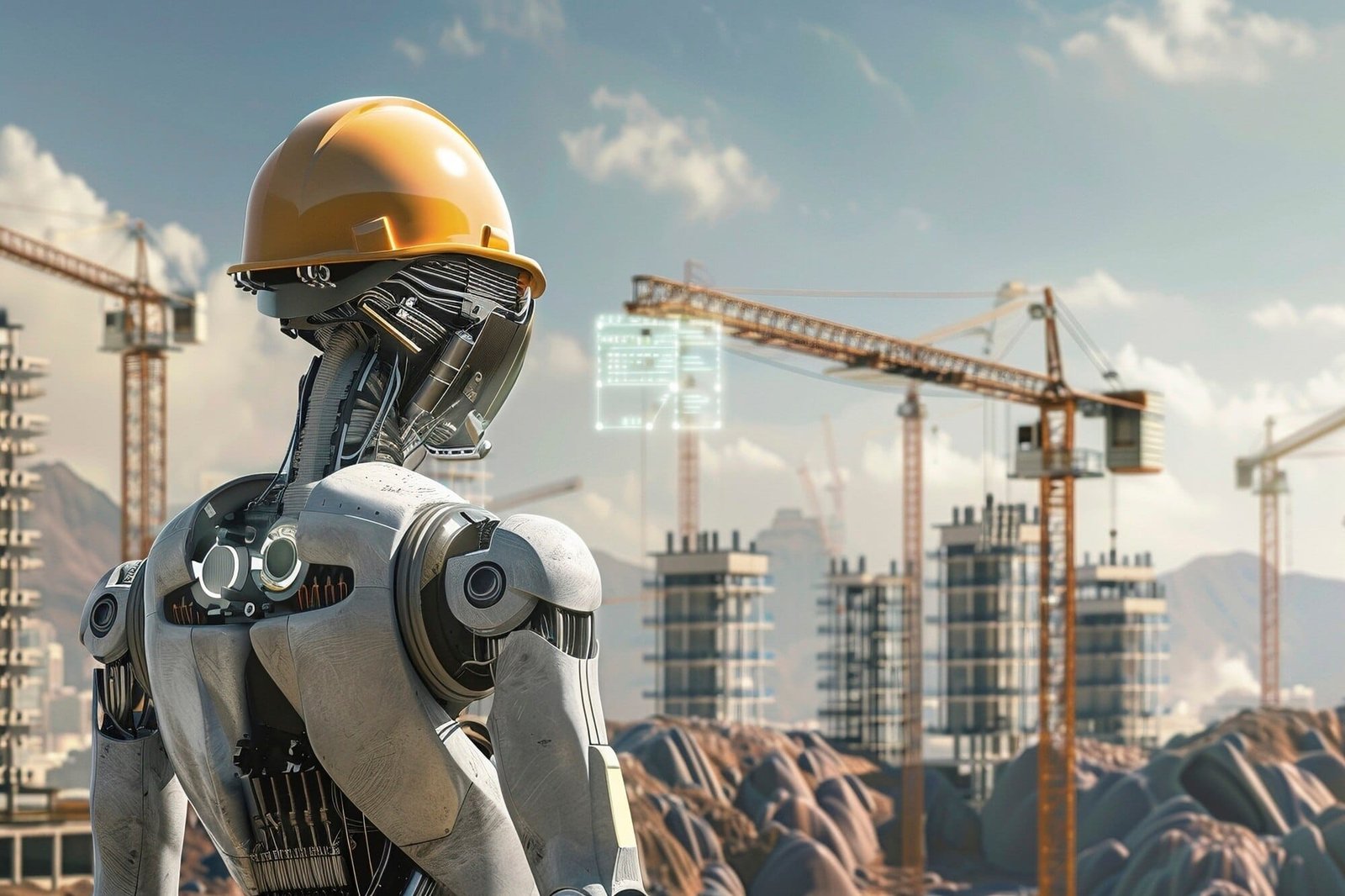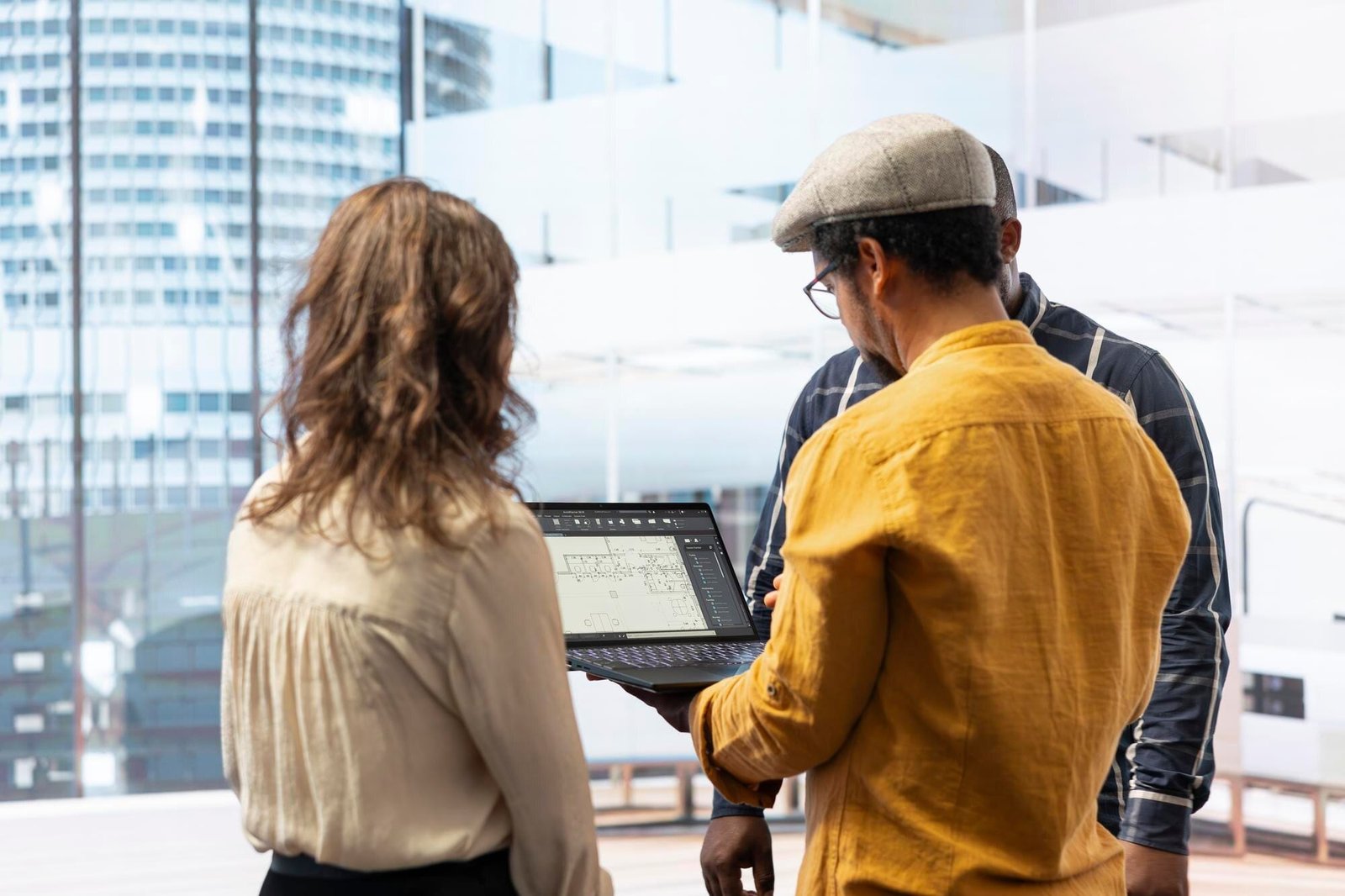Concrete has been a cornerstone of the construction industry for centuries, and despite the rise of modern building materials, it remains one of the most widely used and trusted materials in the world. Its durability, versatility, cost-effectiveness, and ability to withstand extreme environmental conditions make it an essential component in everything from residential homes to massive infrastructure projects.
At VMC Group, we understand the critical role that concrete plays in modern construction. Our expertise in using high-quality concrete materials ensures that our projects are built to last, meeting the highest industry standards for strength, sustainability, and efficiency. In this article, we will explore why concrete continues to be a top choice for modern construction, examining its advantages, innovations, and future potential.
The Evolution of Concrete in Construction
Concrete has a long history, dating back to ancient civilizations. The Romans were among the first to use a form of concrete in their architectural marvels, many of which still stand today, such as the Pantheon and aqueducts. Over the centuries, concrete has evolved, incorporating new technologies and materials to enhance its performance, durability, and sustainability.
Today, modern concrete formulations, such as high-performance concrete (HPC), self-healing concrete, and ultra-high-performance concrete (UHPC), have pushed the boundaries of what this material can achieve. These innovations have made concrete more adaptable to contemporary construction challenges, further solidifying its place as a leading building material.
Key Advantages of Concrete in Modern Construction
1. Exceptional Durability and Strength
Concrete is renowned for its high compressive strength, allowing it to withstand immense loads without deformation. This makes it ideal for the construction of skyscrapers, bridges, tunnels, and other infrastructure projects that require longevity and stability.
Unlike other materials, concrete does not rot, rust, or degrade when exposed to moisture, making it an excellent choice for coastal and high-humidity environments. Additionally, reinforced concrete, which incorporates steel bars or fibers, further enhances its tensile strength, providing additional resilience against structural stress.
2. Versatility in Design and Application
Concrete can be molded into virtually any shape, allowing for innovative architectural designs and complex structural applications. Whether used for flooring, walls, foundations, or decorative elements, concrete offers unmatched flexibility in construction.
From traditional reinforced concrete to modern precast panels, concrete’s versatility enables architects and engineers to push the boundaries of design while maintaining structural integrity. Advanced formwork and 3D printing technologies have further expanded the possibilities for custom concrete applications.
3. Fire and Weather Resistance
One of the standout features of concrete is its resistance to fire and extreme weather conditions. Unlike wood, which is highly flammable, or steel, which can weaken under high temperatures, concrete maintains its integrity even in the most challenging environments.
This makes it a preferred material for fire-resistant buildings, tunnels, and industrial facilities. Additionally, concrete structures can withstand hurricanes, earthquakes, and floods, making them essential in disaster-prone regions.
4. Energy Efficiency and Thermal Mass
Concrete has excellent thermal mass properties, meaning it absorbs and retains heat, helping regulate indoor temperatures. This makes buildings more energy-efficient by reducing the need for artificial heating and cooling.
In hot climates, concrete absorbs heat during the day and slowly releases it at night, keeping interiors cooler. In cold climates, it retains warmth, reducing energy consumption for heating. When combined with modern insulation techniques, concrete buildings offer superior energy efficiency and sustainability.
5. Cost-Effectiveness and Low Maintenance
Compared to other construction materials, concrete offers a cost-effective solution due to its availability, ease of production, and low maintenance requirements. Unlike wood, which requires regular treatment to prevent decay, or steel, which may corrode over time, concrete remains durable with minimal upkeep.
The initial investment in concrete construction may be higher than some alternatives, but its long-term benefits, including reduced repair costs and energy savings, make it an economical choice for developers and homeowners alike.
6. Sustainability and Environmental Impact
With the growing emphasis on sustainable construction, concrete has adapted to meet environmental demands. The development of green concrete, made from recycled materials and alternative binders, has significantly reduced its carbon footprint.
Additionally, concrete’s durability ensures a longer lifespan for structures, reducing the need for frequent reconstruction and material wastage. Innovations like carbon capture concrete, self-healing concrete, and permeable concrete further enhance its sustainability profile.
Innovations in Concrete Technology
Concrete technology has advanced significantly, addressing modern construction challenges and improving sustainability. Some of the most exciting developments include:
1. Self-Healing Concrete
One of the biggest concerns with concrete structures is cracking over time. Self-healing concrete contains bacteria or microcapsules that activate when cracks form, producing limestone to repair the damage. This innovation extends the lifespan of concrete structures and reduces maintenance costs.
2. Ultra-High-Performance Concrete (UHPC)
UHPC is an advanced form of concrete that offers superior strength, durability, and resistance to harsh environmental conditions. It is particularly useful in high-load applications such as bridges, skyscrapers, and military installations.
3. Carbon Capture Concrete
To combat the environmental impact of cement production, researchers have developed carbon capture concrete, which absorbs CO2 during the curing process. This innovation significantly reduces greenhouse gas emissions and contributes to sustainable construction.
4. Permeable Concrete
Permeable or porous concrete allows water to pass through, reducing surface runoff and preventing urban flooding. This material is increasingly used in roadways, sidewalks, and parking lots to improve water management and sustainability.
Applications of Concrete in Modern Construction
Concrete’s adaptability makes it suitable for a wide range of construction applications, including:
- Residential Buildings: Foundations, walls, driveways, and countertops
- Commercial Structures: Office buildings, shopping centers, and parking garages
- Infrastructure Projects: Bridges, tunnels, highways, and airports
- Industrial Facilities: Factories, warehouses, and power plants
- Green Buildings: Energy-efficient and sustainable construction projects
Why VMC Group Chooses Concrete for Its Projects
At VMC Group, we prioritize quality, durability, and sustainability in our construction projects. Concrete remains our material of choice for its unmatched performance and adaptability. Whether designing high-rise buildings, commercial complexes, or infrastructure projects, we utilize the latest concrete technologies to enhance efficiency and environmental responsibility.
VMC Group’s Approach to Concrete Construction
- Using high-performance concrete for maximum durability
- Integrating green concrete solutions to reduce environmental impact
- Employing advanced construction techniques for efficiency and cost savings
- Ensuring strict quality control and industry compliance
Conclusion: Concrete’s Timeless Role in Construction
Despite the emergence of modern building materials, concrete remains a fundamental choice in construction due to its durability, versatility, cost-effectiveness, and sustainability. With continuous advancements in concrete technology, this material is set to play an even more significant role in shaping the future of the industry.
Read: Comparing Traditional vs. Modern Building Materials
At VMC Group, we are committed to using the highest-quality concrete materials to ensure our projects meet and exceed industry standards. Whether you’re planning a residential, commercial, or infrastructure project, our expertise in concrete construction guarantees lasting performance and value.
Contact VMC Group today to learn how we can incorporate the best concrete solutions into your next construction project.



